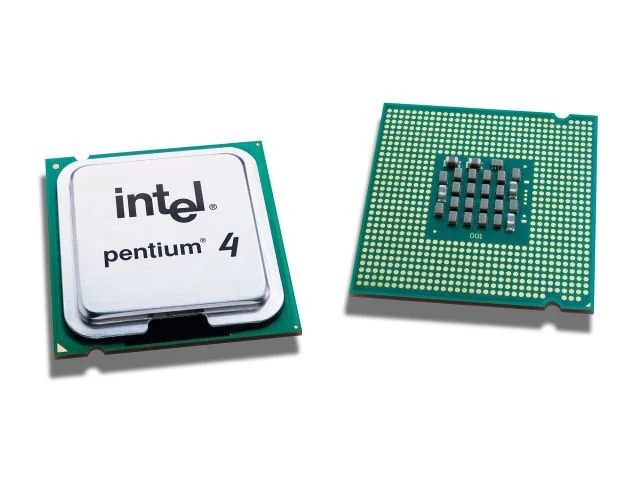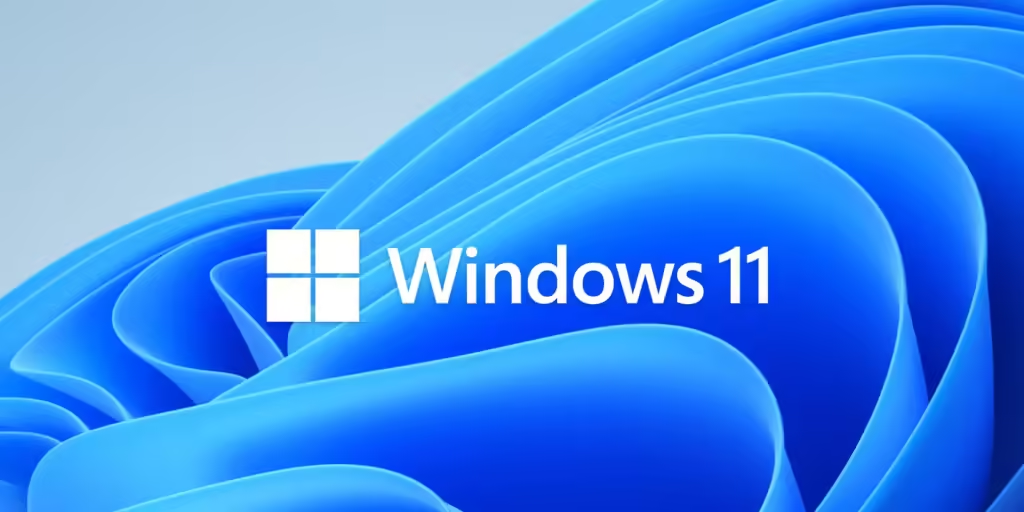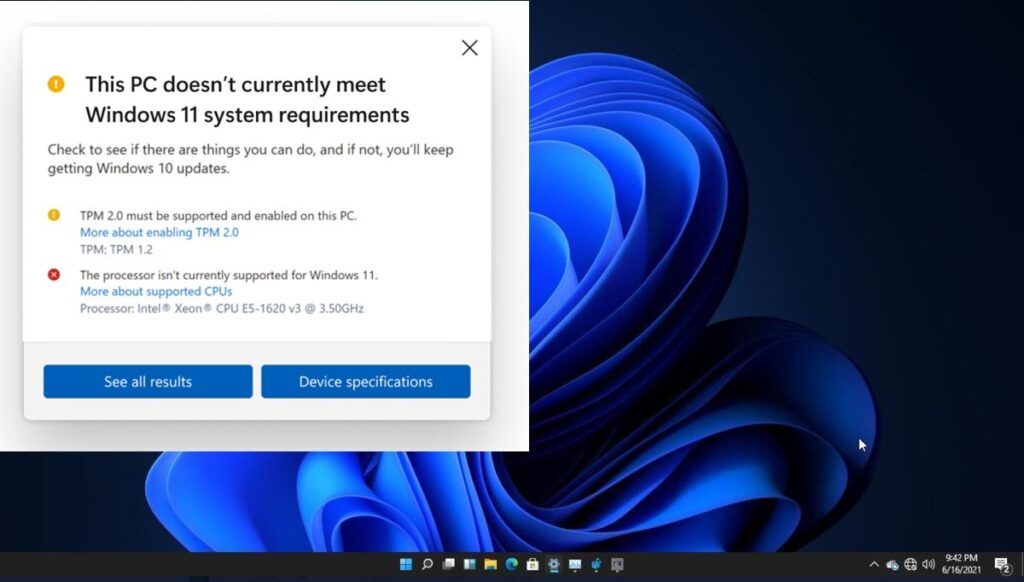When I upgraded to Windows 11, I was worried my Intel CPU wouldn’t work. I checked the compatibility list, and luckily, my processor was supported. This guide will help you find out if your Intel CPU is ready for Windows 11.
Windows 11 Intel CPU compatibility list shows which Intel processors support Windows 11. Generally, Intel CPUs from the 8th generation and newer are compatible. Check Intel’s or Microsoft’s website to see if your CPU is supported. If not, consider upgrading to a newer model.
In this article, we will discuss “windows 11 intel cpu compatibility list”.
What Are The Minimum CPU Requirements For Windows 11?
Windows 11 requires a 64-bit processor with at least 1 GHz clock speed and 2 or more cores. The CPU must be compatible with DirectX 12 or later, and have at least 4 GB of RAM and 64 GB of storage. Additionally, the processor needs to support Secure Boot and TPM version 2.0 for security features.
Which Intel CPUs Are Compatible With Windows 11?
Windows 11 supports Intel CPUs from the 8th generation (Core i3, i5, i7, i9) and later. This includes models like the Intel Core i7-8700 and newer, Intel Core i9-9900 and newer, as well as Intel Core i5-8400 and newer. Check Intel’s official list for the most accurate and updated details on compatible models.

Read: Is My CPU Compatible With Windows 11 – A Comprehensive Guide 2024!
How Do I Check If My Intel CPU Supports Windows 11?
Use Microsoft’s PC Health Check Tool:
Download and run Microsoft’s PC Health Check tool. It will automatically check if your Intel CPU meets the requirements for Windows 11 and give you a simple yes or no answer.
Check Intel’s Official Compatibility List:
Visit Intel’s website to see their list of CPUs that are compatible with Windows 11. Find your CPU model to see if it is listed as supported.
Look at CPU Specifications:
Check your CPU’s specifications. Windows 11 needs an 8th-generation Intel processor or newer. You can find this information in your computer’s settings or by looking up your CPU model online.
Update Your BIOS:
Sometimes, updating your computer’s BIOS can improve compatibility with new operating systems. Check if there is a BIOS update available for your system and see if it affects Windows 11 support.
Use Windows Update:
Go to Windows Update settings and look for any compatibility checks or recommendations. If Windows 11 is available for your system, it means your CPU is supported.
Are There Any Intel Core I9 CPUs Not Supported By Windows 11?
Yes, some Intel Core i9 CPUs are not supported by Windows 11. Generally, Core i9 models from the 8th generation and newer are compatible. However, older models might not meet the requirements. Check Intel’s official list to confirm if your specific Core i9 CPU is supported.
Which Intel Core I7 CPUs Can Run Windows 11?
Intel Core i7 CPUs from the 8th generation and later are compatible with Windows 11. This includes models like the Core i7-8700 and newer. Older Core i7 CPUs may not be supported, so check the official compatibility list.
Do Intel Core I5 CPUs Meet Windows 11 Compatibility?
Yes, most Intel Core i5 CPUs from the 8th generation and later work with Windows 11. This includes models such as the Core i5-8400 and newer. Older Core i5 CPUs may not be supported, so refer to Intel’s compatibility list.
What About Intel Core I3 CPUs And Windows 11 Compatibility?
Intel Core i3 CPUs from the 8th generation and newer are compatible with Windows 11. Models like the Core i3-8100 and newer will work. Older Core i3 CPUs might not support Windows 11, so check the compatibility list.
Is Intel Xeon CPUs Compatible With Windows 11?
Yes, Some Intel Xeon CPUs are compatible with Windows 11, particularly those from the 8th generation and newer. However, not all Xeon models are supported. Check Intel’s official list to see if your Xeon CPU is compatible.
Read: Windows 11 AMD CPU Compatibility List – Upgrade For Windows 11 Now!
Can I Use Intel Pentium Or Celeron CPUs With Windows 11?
Intel Pentium and Celeron CPUs from the 8th generation or newer may work with Windows 11, but support is limited. Many older models are not compatible. Check the compatibility list for specific Pentium and Celeron models.
How Can I Upgrade To A Compatible Intel CPU For Windows 11?

Check Compatibility:
First, ensure the Intel CPU you want to upgrade to is compatible with Windows 11. Refer to Intel’s official compatibility list or Microsoft’s requirements.
Purchase the CPU:
Buy a compatible Intel CPU from a trusted retailer. Make sure it matches the requirements and fits your computer’s motherboard.
Install the CPU:
Turn off your computer and open the case. Remove the old CPU and carefully install the new one, following the manufacturer’s instructions.
Update BIOS:
After installing the new CPU, update your computer’s BIOS if needed. This helps ensure the new CPU works properly with your system.
Reinstall Windows 11:
If necessary, reinstall or upgrade to Windows 11 to make sure the new CPU is recognized and functions correctly.
What Happens If My Intel CPU Is Not Compatible With Windows 11?
If your Intel CPU is not compatible with Windows 11, you will not be able to install or upgrade to the new operating system. Your system may continue running Windows 10 or an older version. For better performance and features, you might need to upgrade to a supported CPU.
How Can I Find Out If My Intel CPU Is Listed For Windows 11?
To find out if your Intel CPU is listed for Windows 11, visit Intel’s official website or Microsoft’s compatibility page. Look up your CPU model to see if it is included in the list of supported processors for Windows 11.
Will Windows 11 Run Slower On Older Intel CPUs?
Yes, Windows 11 may run slower on older Intel CPUs because they might not have the necessary features and performance improvements. Newer CPUs are designed to handle Windows 11’s demands better, which can lead to smoother and faster performance.
Do I Need To Update My BIOS For Windows 11 Compatibility?
Yes, you might need to update your BIOS for Windows 11 compatibility. Some older motherboards require a BIOS update to support features like TPM 2.0, which is necessary for Windows 11. Check your motherboard manufacturer’s website to see if an update is needed before installing Windows 11.

Can I Use A Third-Party Tool To Check Intel CPU Compatibility For Windows 11?
Yes, you can use third-party tools to check Intel CPU compatibility with Windows 11. Many tools, like PC Health Check or CPU-Z, can help determine if your CPU meets the requirements for Windows 11.
Read: CPU With Integrated Graphics – Explore Integrated Graphics 2024!
What Should I Do If My Intel CPU Is Not On The Windows 11 Compatibility List?
If your Intel CPU is not on the Windows 11 compatibility list, you may need to upgrade to a newer CPU that is supported. Alternatively, you can continue using your current operating system, like Windows 10, which will still receive updates and support.
Is There A List Of All Intel CPUs That Are Compatible With Windows 11?
Yes, there is a list of Intel CPUs compatible with Windows 11. You can find this list on Intel’s official website or Microsoft’s support page. It includes models from the 8th generation and newer that meet Windows 11’s requirements.
Are There Any Intel CPUs That Can Be Upgraded To Support Windows 11?
No, CPUs themselves cannot be upgraded to support Windows 11. Instead, you would need to replace an unsupported CPU with a newer model that is compatible with Windows 11. Check Intel’s list for compatible CPUs.
How Often Is The Windows 11 Intel CPU Compatibility List Updated?
The Windows 11 Intel CPU compatibility list is updated as needed, usually when new CPUs are released or major changes occur. To stay current, regularly check Intel’s or Microsoft’s websites for the latest updates. This ensures you have the most accurate information about which CPUs are supported for Windows 11.
Can Windows 11 Be Installed On A System With A Non-Compatible Intel CPU?
No, Windows 11 cannot be installed on a system with a non-compatible Intel CPU. You must use a CPU that meets the minimum requirements listed by Microsoft and Intel to install and run Windows 11.

Read: Do I need To Reinstall Windows With New CPU – Explore For All the Details!
Frequently Ask Questions:
1. How Do I Know If My Intel CPU Is Future-Proof For Windows 11 Updates?
Check Intel’s compatibility list for CPUs and your model is listed. Future updates usually support newer processors.
2. Does The Windows 11 Intel CPU Compatibility List Include All Older CPUs?
No, it mainly includes CPUs from the 8th generation and newer. Older CPUs may not be listed or supported.
3. What Intel CPUs Were Added To The Windows 11 Compatibility List Recently?
Check Intel’s or Microsoft’s websites for the most recent updates on supported CPUs. New models are added periodically.
4. Can I Use Windows 11 With An Intel CPU From A Different Region?
Yes, CPU compatibility is not region-specific. As long as the CPU model meets Windows 11 requirements, it should work.
5. Are There Any Intel CPUs That Might Get Windows 11 Support In The Future?
Yes, future updates may include more Intel CPUs. Check for updates on Intel’s or Microsoft’s compatibility lists for the latest info.
6. How Can I Contact Intel About CPU Compatibility For Windows 11?
Visit Intel’s support page or contact their customer service for information on CPU compatibility with Windows 11.
7. What Features Of Windows 11 Might Not Work With Older Intel CPUs?
Features requiring newer hardware, like advanced security and performance improvements, may not work on older Intel CPUs.
8. How Can I Compare My Intel CPU With The Windows 11 Compatibility List?
Find your CPU model on Intel’s or Microsoft’s compatibility list. Compare your model to see if it meets Windows 11 requirements.
9. Are There Specific Intel CPU Models That Should Be Avoided For Windows 11?
Yes, older Intel CPUs before the 8th generation may not work well with Windows 11. Check compatibility before upgrading.
10. Does Intel Provide Tools To Check CPU Compatibility With Windows 11?
Yes, Intel provides tools and resources on their website to check if your CPU is compatible with Windows 11.
Conclusion:
In conclusion, ensuring your Intel CPU is compatible with Windows 11 is crucial for a smooth upgrade. Check the compatibility list on Intel’s or Microsoft’s website to confirm your CPU’s support. If your processor isn’t compatible, consider upgrading to a newer model. Staying informed will help you make the best decision for your system’s performance.
Related Posts:
- Can A CPU Die From Overheating – Ultimate Guide For 2024!
- What Provides The Best Cooling To The CPU – Best Cooling Picks 2024!
- How To Identify CPU Physically – Find Your CPU Today!
- CPU Machine Check Architecture Error Dump – Fix Hardware Issues!
